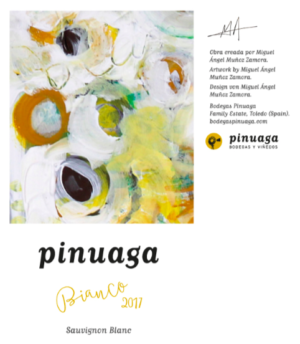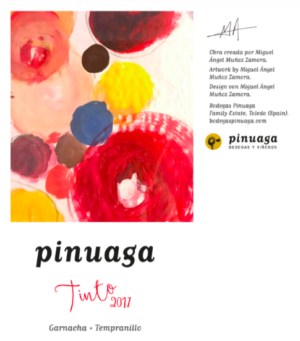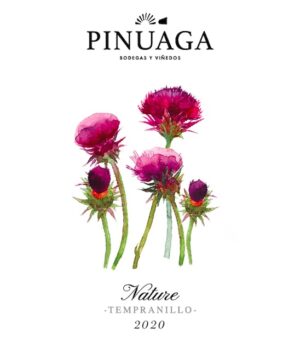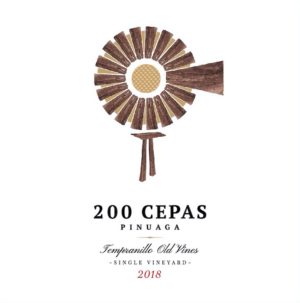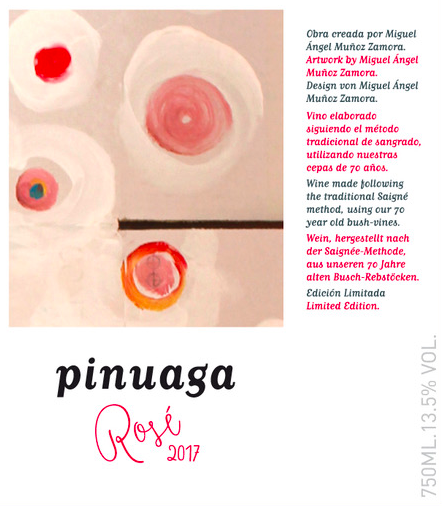
La Tierra de Castilla Rosé
| Country | Spain |
|---|---|
| Region | La Tierra de Castilla |
| Producer | Pinuaga |
| Size | 750mL |
| Style | Rosé |
| Practices | Certified Organic, Organic |
| Grapes | Grenache, Tempranillo |
| Other Features | Vegan, Indigenous yeasts, Natural |
50% Tempranillo, 50% Grenache. The Tempranillo comes from “El Aguila”, a 3 ha vineyard planted with 70 year old vines of an old clone locally called Cencibel. This special clone produces smaller grapes with very soft and silky skin, and has a much longer ripening period. It is blended with the Grenache, hand-harvested from another 3ha plot.
The grapes are de-stemmed and crushed to obtain maximum extraction. Before fermentation begins, the must remains in contact with the skins for 6 hours, at very low temperatures. The wine is then bled-off (saignée method) to another tank, and fermented without skin contact.
Intense and sharply floral, with notes of magnolia, raspberry and blueberries, all nicely waved together. Structured and elegant on the palate, with a pleasant acidity. 13.5% alcohol. Production is limited to 6.000 bottles.This wine is the result of the hard work of Pilar Garcia Granero and Esther Pinuaga – two female winemakers who believe that Spain is one of the best places to make authentic saignée rosés. “We made this rosé wine like our grandmothers used to cook, slowly and with much care and love. “
About the Producer
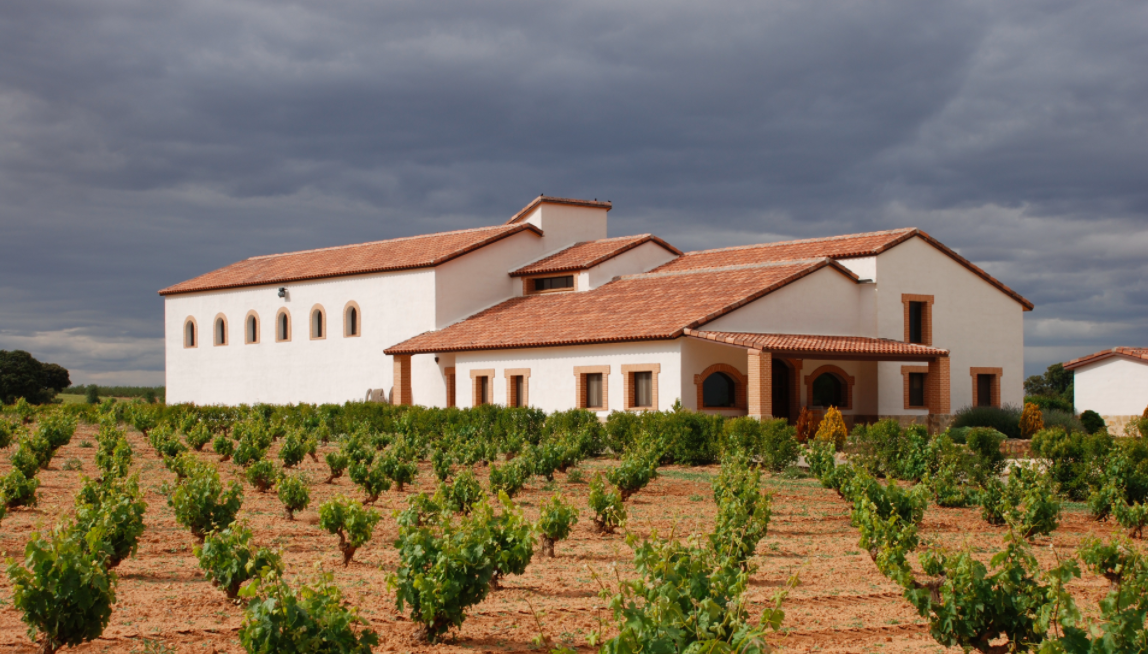
Valentin Pinuaga Salazar founded this small estate back in the 1960’s. Today the winery is run by Valentin and Esther Pinuaga - second and third generation of this family of traditional winemakers. Esther is also the President of the Spanish Organic Wine Association and is a leading advocate for organic viticulture in her region.
The winery and its 90 hectares of vineyards are located in Corral de Almaguer, Toledo, a privileged site situated 800 meters above sea level and surrounded by Mediterranean oak forests. The continental climate, with pronounced changes in day-to-evening temperatures, boosts the unique personality of the land and enhances the quality of the vines. It favors the growth of autochthonous grape varieties, allowing the production of varietally-expressive wines. Tempranillo and Merlot, amongst others, are planted on parcels that differ in age, soil, altitude and orientation. Each parcel is vinified separately.
The Tempranillo vines are bush trained, a technique frequently used in central Spain for non-irrigated vineyards. A bush vine is made-up of 4 to 6 arms, growing directly from the soil and reaching up to 3.2 feet high. The well-ventilated bunches keep powdery mildew at bay. The soil is mainly clay-limestone. The grapes are all hand harvested (starting at 4am because of the heat), at very low yields of 2,500 kg/ha, and in small cases of 10kg. Choosing the right picking time is crucial. The vineyards are sampled up to three times per week. Detailed observations, such as the health of the vineyards, the physical condition of the seeds and skins, the ripeness of the berries and pips, together with lab analyses, enable to pick at optimum ripeness. Total production is around 100,000 bottles.
Farming/vinification practices: Certified Organic since 2010. Wild grass usually grows freely from the month of October until April and the vineyard borders are maintained with indigenous flora to enable beneficial insects to complete their life cycle. Fertilizing is kept down to a minimum, and only comes in the form of manure. Fungal sprays are essentially in the form of sulphur, and the treatment is done vine per vine.
Pinuaga
the Cellar Door Issue 37 October 2020 - January 2021

related products
-
Pinuaga
La Tierra de Castilla Bianco
-
Pinuaga
La Tierra de Castilla Tinto

